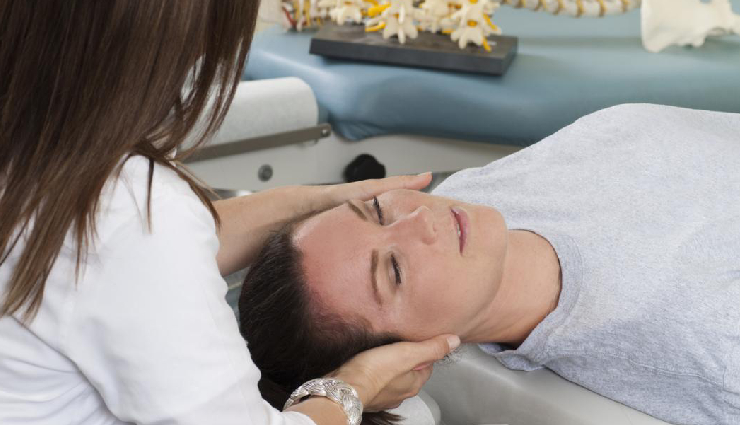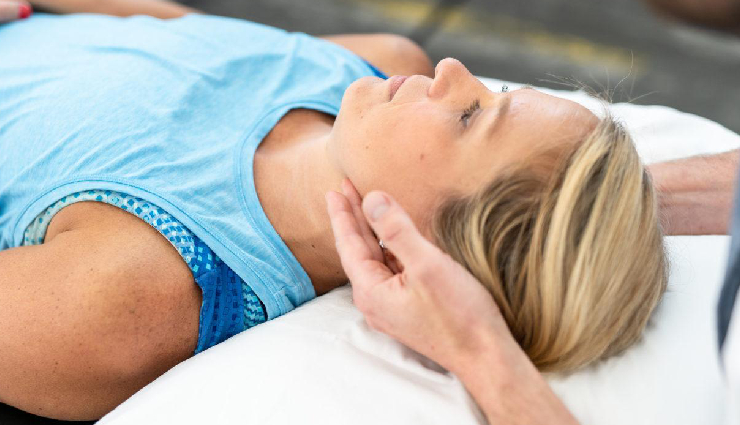- Home›
- Healthy Living›
- 10 Effective Home Remedies To Treat Vertigo
10 Effective Home Remedies To Treat Vertigo
By: Priyanka Maheshwari Fri, 19 Jan 2024 10:28:31

Vertigo is a medical condition characterized by a sensation of spinning or dizziness, often accompanied by a feeling of imbalance or unsteadiness. The term "vertigo" is derived from the Latin word "vertere," which means "to turn." This condition can result from various underlying causes affecting the inner ear, central nervous system, or other parts of the body involved in maintaining balance.
One of the most common causes of vertigo is inner ear dysfunction, particularly disorders such as benign paroxysmal positional vertigo (BPPV), vestibular neuritis, and Meniere's disease. BPPV occurs when small calcium crystals in the inner ear become dislodged and disrupt the normal fluid movement, triggering episodes of vertigo. Vestibular neuritis is often caused by inflammation of the vestibular nerve, while Meniere's disease is characterized by excess fluid accumulation in the inner ear.
Symptoms of vertigo can vary and may include a spinning sensation, lightheadedness, nausea, vomiting, and difficulties with balance and coordination. The intensity and duration of vertigo episodes can also vary, ranging from brief and mild episodes to more severe and prolonged bouts.
Diagnosis and treatment of vertigo depend on identifying the underlying cause. Medical professionals may conduct a thorough medical history, physical examination, and specialized tests, such as electronystagmography (ENG) or magnetic resonance imaging (MRI), to pinpoint the source of the problem.
Treatment approaches may include medications to alleviate symptoms, physical therapy to improve balance and coordination, and in some cases, surgical interventions for specific conditions. Additionally, lifestyle modifications, such as dietary changes and stress management, may be recommended for managing certain types of vertigo.
Vertigo can significantly impact a person's daily life and functionality, but with proper diagnosis and targeted interventions, many individuals can effectively manage and alleviate the symptoms associated with this condition.

# Epley Maneuver (for BPPV)
This specific maneuver is designed to reposition displaced crystals in the inner ear. It's best performed under the guidance of a healthcare professional, but you can find tutorials online.

# Stay Hydrated
Dehydration can sometimes contribute to dizziness and vertigo. Ensure you're drinking an adequate amount of water throughout the day.

# Ginger
Ginger has anti-nausea properties and may help alleviate symptoms associated with vertigo. You can consume ginger tea or take ginger supplements. However, consult with your doctor before using supplements.

# Vitamin D
Some studies suggest a potential link between vitamin D deficiency and vestibular disorders. Make sure you're getting enough vitamin D through sunlight exposure or supplements (under the guidance of a healthcare professional).

# Maintain a Healthy Diet
Eat regular, balanced meals to stabilize blood sugar levels, as low blood sugar can contribute to dizziness.
-1705638060-lb.jpg)
# Avoid Triggers
Identify and avoid factors that may trigger or worsen your vertigo, such as certain head movements or positions.

# Deep Breathing and Relaxation Techniques
Practices like deep breathing, meditation, and progressive muscle relaxation may help reduce stress and anxiety, which can contribute to vertigo.

# Head Exercises
Performing certain head exercises as part of a vestibular rehabilitation program, as recommended by a healthcare professional, can sometimes improve symptoms.

# Stay Active
Regular physical activity can help improve overall health and reduce the risk of conditions that may contribute to vertigo. However, consult with your doctor before starting any exercise program.

# Adequate Sleep
Ensure you are getting enough quality sleep as fatigue can contribute to dizziness.





